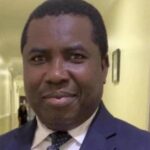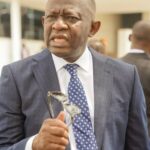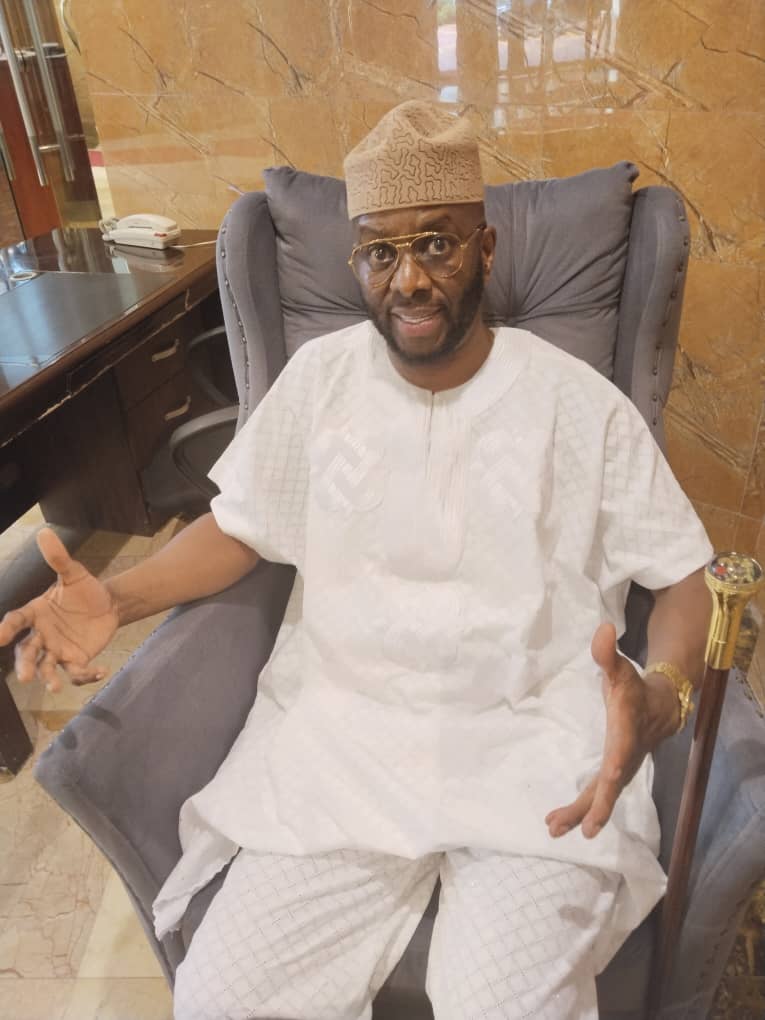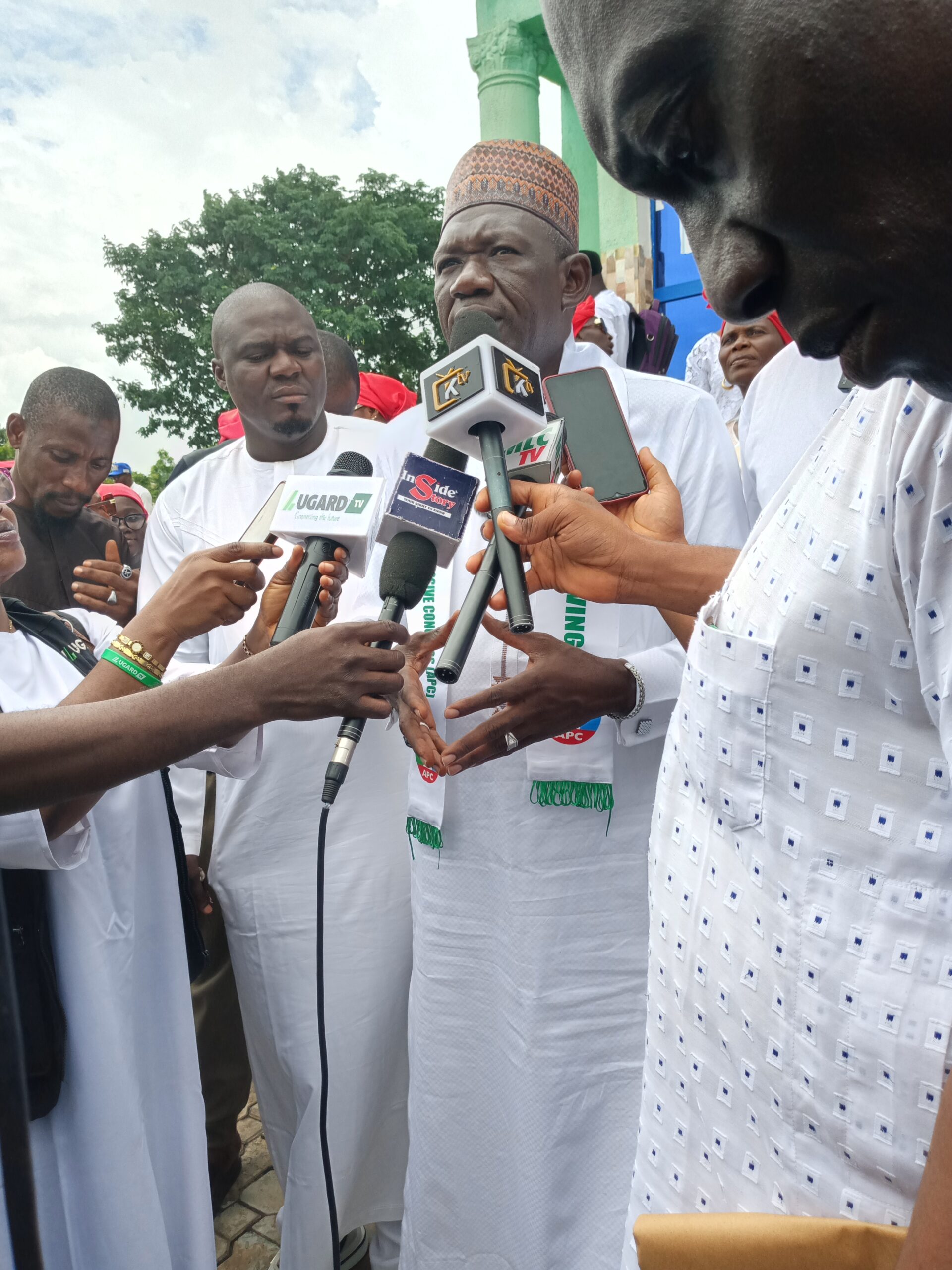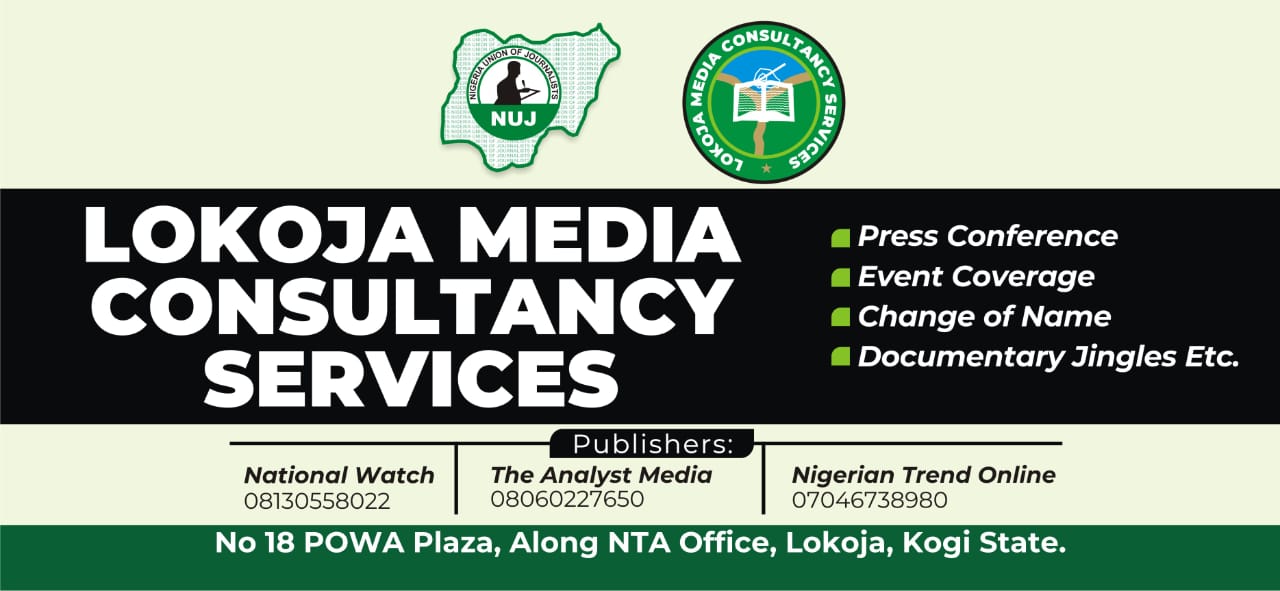
By JIDE ORINTUNSIN

Barring any last-minute change, the stage is set for the emergence of a new National Working Committee (NWC) that will lead the All Progressives Congress (APC) to overcome its current challenges and inspire it to electoral victories in future elections. JIDE ORINTUNSIN examines the chances of aspirants for various positions when the party eventually elects new national officers during the convention on Saturday
At last, the much-awaited All Progressives Congress (APC) national convention is scheduled to hold in the next three days; after several postponements in the last 20 months by the Mai Mala Buni-led Caretaker/Extraordinary Convention Planning Committee (CECPC). Expectations are high from both party members and the general public who are anxious to see the party elect a new National Working Committee (NWC) to lead the ruling party in the next couple of years because leadership is key to its effective delivery of dividend of democracy. Barring any last-minute change, the stage is set for the emergence of a new NWC that will drive the party from its current challenges to electoral victories in future elections, especially the next general election.
As at the last count, only seven of the 15 aspirants that initially threw their hats to the ring for the converted position of the national chairman will be on the ballot paper.
Aspirants from the preferred North Central zone that would be on the ballot on Saturday are Senator Mohammed Sani Musa (Niger State), Mohammed Saidu Etsu (Niger), Malam Saliu Mustapha (Kwara), Senator George Akume (Benue), Senator Tanko Umar Al-Makura (Nasarawa) and Senator Abdullahi Adamu (Nasarawa). It also includes the only aspirant from the Northwest, Alhaji Abdulaziz Abubakar Yari (Zamfara).
An assessment of these aspirants indicates that their pedigrees speak volumes. All have distinguished themselves in their chosen carriers and have paid varied prices in their human endeavour for relevance. Their campaigns have left no one in doubt of their readiness to take the party far beyond the next level.
However, if the zoning arrangement is anything to go by, the former chairman of the Nigerian Governors’ Forum (NGF) and former Zamfara State governor may be swimming against the tide. Political observers believe that Yari’s aspiration may not sail through because it is against the zoning arrangement. The reduction of political relevance in Zamfara, with the defection of Governor Bello Matawalle from the Peoples’ Democratic Party (PDP) to the ruling party, is another factor that would undermine his quest to occupy the party’s chairmanship seat.
Consensus:
Unlike the use of consensus as a mode of choosing leaders, which was prevalent under the Mai Mala Buni-led CECPC, as the majority of the leaders that emerged from wards to the state levels were through consensus, many party members are pushing for an electioneering process that will engage all through an open election.
Despite President Muhammadu Buhari’s purported endorsement of Abdullahi Adamu, six other aspirants are still in the race and will slug it out at the convention ground on Saturday. Though Adamu may enjoy presidential endorsement, he has a hurdle to clear in getting the support of the majority of the governors who are in firm control of the party. Many observers believe that Adamu’s aspiration may pitch the governors against President Buhari.
Another major factor in contemporary politics in the country is religion. A cursory look at the aspirants shows that George Akume is the only Christian among the lot. This may be to his advantage in an attempt to balance the religious divide in the party and ensure inclusiveness of all.
Bookmakers and party members also rate high the chances of Sani Musa, Al-Makura and Mustapha in that order, while the 37-year old Mohammed Saidu Etsu is equally set to make history as the youngest leader of a national party by galvanising the support of the youths and the young at heart to vote for him as the next chairman of Africa’s largest party.
Jettisoning of zoning:
The widespread disenchantment for consensus and zoning arrangements to fill both NWC and zonal positions has been growing. Most zones are yet to agree on their micro-zoning formula, while in some zones, the formula has been thrown open to all.
In the South-south zone, for instance, the presidential ambition of a serving minister and the need for sustained control by another minister is responsible for the jettisoning of zoning arrangements in the area. While former Deputy National Secretary, Victor Giadom is being sponsored by Rotimi Amaechi, the Minister of State Petroleum Resources, Timprye Silva is also alleged to be backing the aspiration of former Deputy National Publicity Secretary, Yekini Nabena to become the party’s national vice-chairman. The position is micro-zoned to Bayelsa and Rivers State.
The same power tussle and jettisoning of the zoning arrangement is rocking the Northwest. Former National Youth Leader, Ismaeel Ahmed and the former Northwest Youth Leader, Abubakar Sadiq Fakai have refused to embrace the micro-zoning arrangement. Though serious negotiations and horse-trading are going on between Kaduna and Kebbi states to swap allocated offices, deft moves are on by leaders of Kano and Jigawa states to reenact their old-time relationship in ensuring that the two states are in the conference room of the next NWC.
The memory and the goodwill of the former Minister of Women Affairs, Hajiya Aisha Alhassan, fondly called “Mama Taraba will be all Hajiya Zainab Ibrahim will need to clinch the position of Deputy National Women Leader. Zainab who is a cousin and one-time foot-soldier of the former strong woman of Taraba State politics will be home and dry for victory at the polls.
From the Northeast, the fate of Jagaban Jimeta and one-time national chairmanship aspirant, Chief Sunny Sylvester Mondiafe now aspiring to be the Deputy National Chairman (North) is shaky. Mondiafe who claims to be from Adamawa State, having been born there by parents from Delta State, is being challenged by a serving federal lawmaker, Senator Abubakar Girei.
In the same vein, the Taraba State-born politician, Uba Maigari Ahmadu will be at the convention as the sole candidate for the post of National Vice Chairman, Northeast. Ahmadi emerged top at a pre-convention shadow election with three other aspirants.
Another notable face that may likely be in the new NWC from the Southwest is the former Deputy Governor of Osun State, Senator Iyiola Omisore who has been pencilled down to become the party’s next National Secretary, while former Ondo State APC Chairman, Chief Isaac Kekemeke has also been tipped to emerge as National Vice Chairman, Southwest.
Barring a last-minute change, former Senate President and member of CECPC, Senator Ken Nammani may be returning to the NWC as Deputy National Chairman (South)
Defectors take over:
One interesting thing about the emerging NWC is the fact that former members of the PDP are set to occupy various positions in the party hierarchy. They include Senator Abdullahi Adamu, who is being tipped for the position of the National Chairman; Senator Ken Nnamani, Deputy National Chairman (South) and former House of Representatives Speaker, Yakubu Dogara, who may be coming on board as Deputy Chairman (North).
Others are Senator Iyiola Omisore, National Secretary; Victor Gaidom, National Vice Chairman South-south; and Osita Medener, National Vice Chairman, Southeast.
Imposition by CPC bloc:
If the warning by Salihu Lukman, the immediate past director-general of the Progressive Governors Forum ( PGF) is anything to go by, party leaders and delegates at the convention should avoid any action that can lead to the implosion due to the alleged inordinate ambition of some leaders of one of the defunct legacy parties – the Congress for Progressives Change (CPC) to foist leaders on the party by ensuring that CPC leaders are not ‘marginalised’ in the new leadership that would emerge at the convention.
Lukman said: “These are old opportunistic arguments, which was self-serving used by some few vested interests around the president to impose themselves as party leaders and candidates. Many instances were leading to the imposition of candidates during elections, which undermined the electoral viabilities of parties associated with the president. From the defunct All Nigeria Peoples’ Party (ANPP) in 2003 and 2007 to the CPC in 2011, this has been the reality.
“Often, individual politicians with these self-serving agendas have used it to impose themselves on party members as candidates for elections. Although there are many instances whereby imposed candidates win elections, there are also many instances when acts of imposition destroyed the electoral advantages of the parties leading to the loss of elections. This was partly the reason for the large-scale defeat of the CPC in the 2011 election in Kano, Kaduna, Bauchi, Katsina and many states.”
Counselling the old CPC members, Lukman reminded them that, in their rights, they have what it takes to successfully negotiate their emergence as leaders and candidates without resorting to the undemocratic practices of imposition. He said: “Many of them are highly respected leaders of the APC and, therefore, given free and fair environment for electoral contests within the APC, they can win elections to emerge as party leaders and candidates for elective offices. APC leaders and members should therefore appeal to these old CPC leaders to properly integrate themselves in the structures of the APC and develop the needed confidence to freely negotiate for leadership positions based on ability to mobilise support to win majority votes.”
Now that the coast is clear and the March 26 date for the national convention of self-acclaimed Africa’s largest political party is real, political watchers wish the party will get it right by electing leaders that will ensure party supremacy, strict adherence to party constitution and rule of law.


